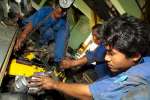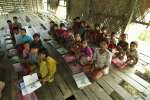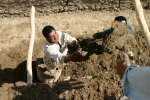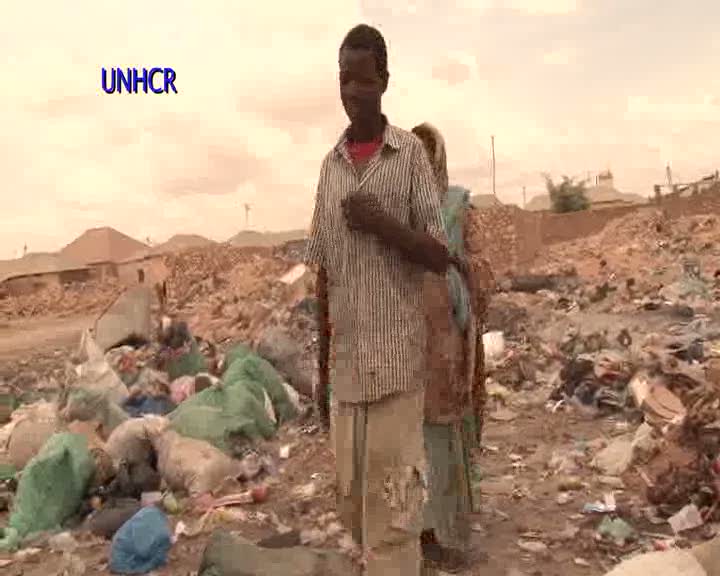UNHCR Tool Boxes on EU Asylum Matters
Legal publications, 1 November 2003
Tool Box 1: The Fundamentals (November 2003)
- Introduction and Table of Contents
- Part 1: Introduction to the European Union and the European Asylum Harmonisation Process
- Part 2: Creating an Area of Freedom, Security and Justice: From Intergovernmental Co-operation to a Common Asylum and Migration Policy
- Part 3: The EU Enlargement Process and the External Dimension of the EU JHA Policy
- Part 4: UNHCR and the EU
Tool Box 2: The Instruments (September 2003)












































